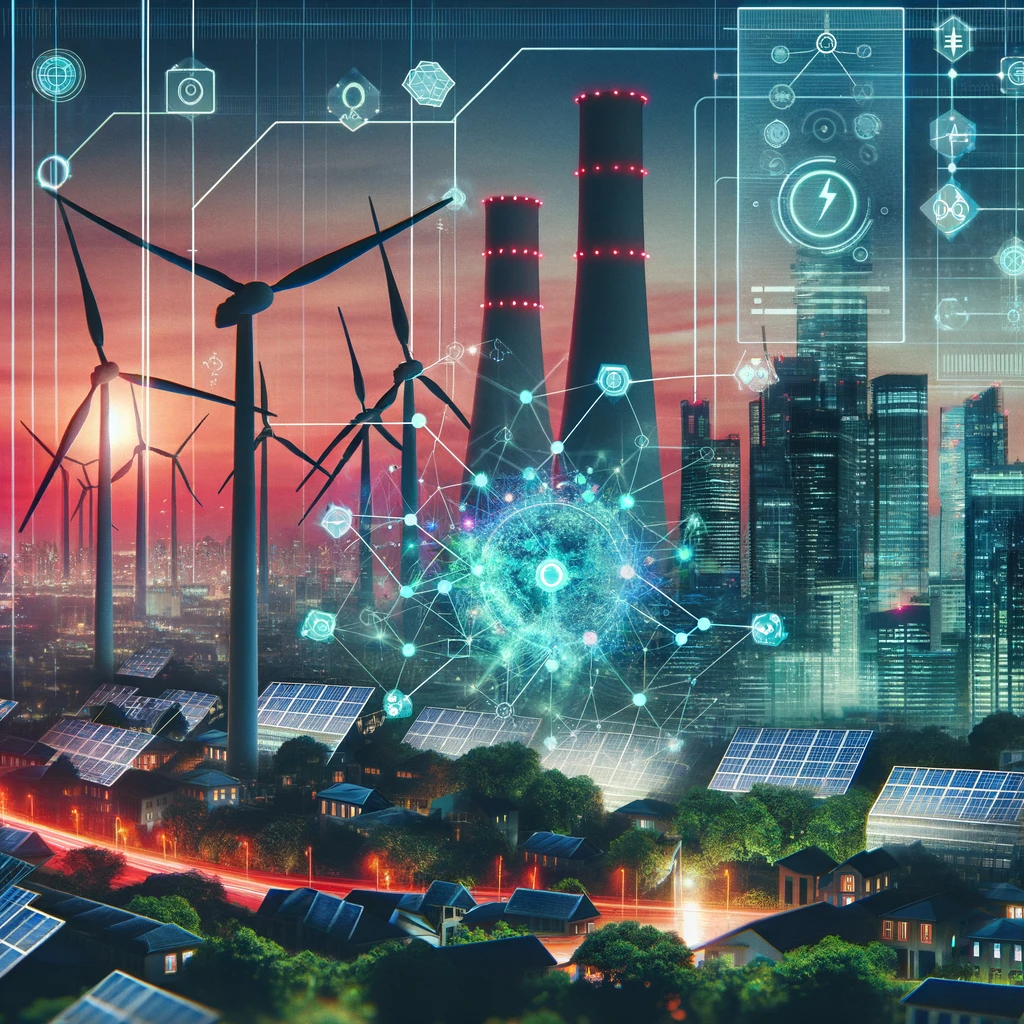Agenda 21: A Comprehensive Action Plan for Sustainable Development
Agenda 21, a comprehensive action plan for sustainable development, has garnered attention and sparked debates since its inception at the 1992 United Nations Conference on Environment and Development (UNCED) in Rio de Janeiro. Developed as a blueprint for global cooperation, Agenda 21 addresses a wide range of issues related to sustainability, including environmental protection, social equity, and economic growth. In this blog post, we delve into the key aspects of Agenda 21, exploring its goals, implementation, and the diverse perspectives surrounding this global initiative.
Understanding Agenda 21
1. Origins and Objectives:
Agenda 21 emerged as a response to the growing environmental concerns of the late 20th century and the recognition of the need for coordinated global action. The primary goal is to achieve sustainable development by balancing economic, social, and environmental dimensions. The plan was adopted by 178 governments at the Earth Summit in 1992, highlighting the global commitment to addressing pressing environmental challenges while promoting human development. (United Nations, Agenda 21)
2. Key Themes and Principles:
- Sustainable Agriculture and Rural Development: Promoting sustainable farming practices, ensuring food security, and improving the livelihoods of rural populations. (FAO, Sustainable Development Goals)
- Conservation of Biodiversity: Protecting ecosystems, wildlife, and natural resources to maintain biodiversity and support ecological balance. (Convention on Biological Diversity)
- Combating Poverty: Addressing the root causes of poverty through inclusive economic growth and social development. (United Nations, Combatting Poverty)
- Promoting Health and Education: Enhancing public health systems and ensuring access to quality education for all, recognizing their importance in sustainable development. (World Health Organization, SDGs)
- Sustainable Urbanization: Encouraging the development of sustainable cities with a focus on reducing urban sprawl, improving infrastructure, and enhancing the quality of life for urban dwellers. (UN-Habitat)
Implementation Challenges and Criticisms
3. National and Local Implementation:
Implementing Agenda 21 involves collaboration at national, regional, and local levels. Countries are encouraged to develop their strategies, aligning with the overarching goals of sustainable development. However, this decentralized approach has led to varying degrees of success, depending on the political will, resources, and governance structures of individual nations. Local Agenda 21 initiatives, which focus on community-level sustainability efforts, have played a crucial role in translating global goals into actionable plans. (United Nations, Local Agenda 21)
4. Sovereignty Concerns:
Critics argue that Agenda 21 infringes on national sovereignty, expressing concerns about potential interference in domestic policies. Some believe that the plan’s global scope may undermine the autonomy of individual nations, leading to resistance in its implementation. These concerns have sparked debates on how to strike a balance between global cooperation and the preservation of national sovereignty, especially in areas related to land use, resource management, and regulatory frameworks. (International Institute for Sustainable Development, Sovereignty Debates)
Successes and Adaptations
5. Global Impact:
Assessing the impact of Agenda 21 on a global scale reveals both successes and challenges. Progress in sustainable development indicators, such as reductions in deforestation rates, improvements in access to clean water, and the integration of environmental considerations into policymaking, highlight positive outcomes. For example, between 1990 and 2015, the global population with access to improved drinking water sources increased from 76% to 91%, a significant achievement aligned with the goals of Agenda 21. However, disparities in implementation across regions and the persistence of environmental degradation in some areas underscore the ongoing challenges in achieving global sustainability. (World Bank, Access to Safe Water)
6. Relationship with Agenda 2030:
Building on the foundation laid by Agenda 21, the United Nations adopted the Sustainable Development Goals (SDGs) in 2015 as part of Agenda 2030. While Agenda 21 provided a comprehensive framework for sustainable development, the SDGs offer a more focused and updated set of goals that address contemporary global challenges. Agenda 2030 expands upon the themes of Agenda 21 by setting 17 specific goals, each with measurable targets, to be achieved by 2030. These goals encompass a broader range of issues, including poverty eradication, gender equality, climate action, and peace and justice. (United Nations, Agenda 2030)
The relationship between Agenda 21 and Agenda 2030 is one of evolution and adaptation. While Agenda 21 laid the groundwork for sustainable development, Agenda 2030 builds on this foundation, reflecting lessons learned over the past decades and responding to the changing dynamics of global development. The SDGs are often seen as an extension of Agenda 21, with a renewed emphasis on integrating sustainability into all aspects of human activity. (United Nations, 2030 Agenda for Sustainable Development)
References:
- United Nations, “Agenda 21: Programme of Action for Sustainable Development”
- Maurice Strong and Michael Strauss, “Bending the Curve: Toward Global Sustainability”
- UNCSD, “Rio Declaration on Environment and Development”
- United Nations, “Transforming our world: the 2030 Agenda for Sustainable Development”
- World Bank, “World Development Indicators”
As we navigate the complexities of sustainable development, Agenda 21 remains a significant milestone in global cooperation. Acknowledging the diversity of perspectives surrounding its implementation, we must critically evaluate its successes and challenges. Whether viewed as a guiding framework or a source of contention, Agenda 21 prompts us to reflect on the shared responsibility of preserving our planet for future generations. As the world continues to strive towards the goals set forth in Agenda 2030, the legacy of Agenda 21 serves as a reminder of the importance of global collaboration in addressing the environmental, social, and economic challenges of our time.
Discover more from Kango Anywhere
Subscribe to get the latest posts sent to your email.




